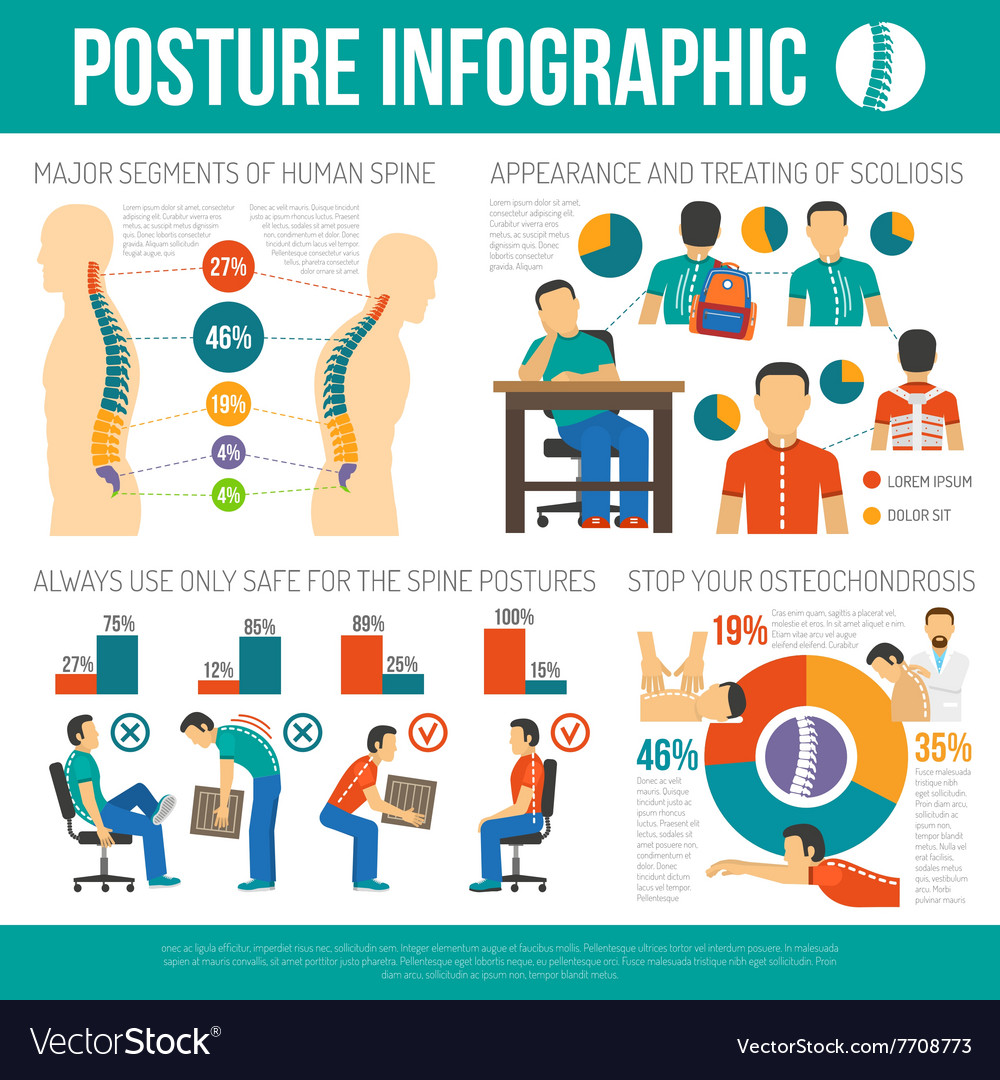The Influence Of Diet Regimen On Pain In The Back Monitoring: Foods To Integrate And Foods To Omit
The Influence Of Diet Regimen On Pain In The Back Monitoring: Foods To Integrate And Foods To Omit
Blog Article
Staff Writer-Cochrane Guldborg
When it comes to handling your neck and back pain, the food selections you make can dramatically affect how you feel each day. Visualize being able to reduce your discomfort simply by readjusting what you consume. By comprehending the duty of nourishment in pain in the back management and recognizing which foods to integrate or stay away from, you can take positive steps towards a much healthier and more comfy lifestyle. acute back pain in between nutrition and back wellness is much more profound than you might understand-- let's explore how certain foods can either soothe or exacerbate your neck and back pain.
Relevance of Nutrition in Neck And Back Pain
Nutrition plays a crucial function in handling pain in the back. Your diet can considerably affect swelling degrees and overall pain levels in your back. Eating a well balanced diet rich in nutrients like vitamins D and K, calcium, magnesium, and omega-3 fatty acids can help in reducing inflammation and reinforce bones, which are essential for back health and wellness.
Furthermore, maintaining a healthy and balanced weight via appropriate nourishment can ease stress on your spine, minimizing the risk of back pain.
In addition, particular nutrients like anti-oxidants located in vegetables and fruits can assist battle oxidative stress and anxiety and promote healing in the body, consisting of the back muscles and spine.
On the other hand, taking in too much amounts of refined foods, sugary drinks, and harmful fats can contribute to swelling and weight gain, exacerbating neck and back pain.
Foods to Eat for Back Health
To support a healthy back, incorporating nutrient-rich foods right into your daily meals is vital. Consisting of https://www.newburytoday.co.uk/business/advertorial-oliver-joins-newbury-chiropractic-centre-9210485/ in anti-oxidants like berries, spinach, and kale can help in reducing swelling in your back, easing discomfort and pain. Omega-3 fatty acids located in fatty fish such as salmon and mackerel have anti-inflammatory residential or commercial properties that can benefit your back health.
Additionally, consuming nuts and seeds like almonds, walnuts, and chia seeds offers vital nutrients like magnesium and vitamin E, which support muscular tissue function and reduce oxidative stress. Integrating lean proteins such as chicken, turkey, and tofu can assist in muscle repair service and maintenance, advertising a solid back.
Do not forget to include dairy or strengthened plant-based alternatives for calcium to sustain bone health. Last but not least, moisturize with a lot of water to maintain your spinal discs moisturized and functioning efficiently. By including these nutrient-dense foods in your diet, you can nourish your back and support general spine health and wellness.
Foods to Prevent for Pain In The Back
Select preventing refined foods high in sugarcoated and trans fats when seeking remedy for back pain. These types of foods can add to swelling in the body, which might aggravate back pain. Say no to sugary snacks like candy, breads, and sweet beverages, as well as junk food items like hamburgers, fries, and fried hen that are typically loaded with trans fats.
In addition, avoid foods containing high degrees of refined carbs, such as white bread, pasta, and breads, as they can surge blood sugar levels and potentially get worse inflammation in the body.
It's additionally a good idea to restrict your consumption of foods high in hydrogenated fats, like red meat and full-fat milk products, as they can contribute to inflammation. Processed foods like delicatessens meats, chips, and packaged snacks are commonly high in hydrogenated fats and ought to be eaten in small amounts.
Conclusion
Finally, taking notice of your diet and making smart food selections can have a substantial effect on managing back pain. By incorporating nutrient-rich foods like berries, fatty fish, nuts, and lean healthy proteins, and preventing refined and sugary things, you can help reduce swelling and support on the whole back health. Remember, what you consume plays a vital duty in just how you feel, so ensure to prioritize your nutrition for a much healthier back.
